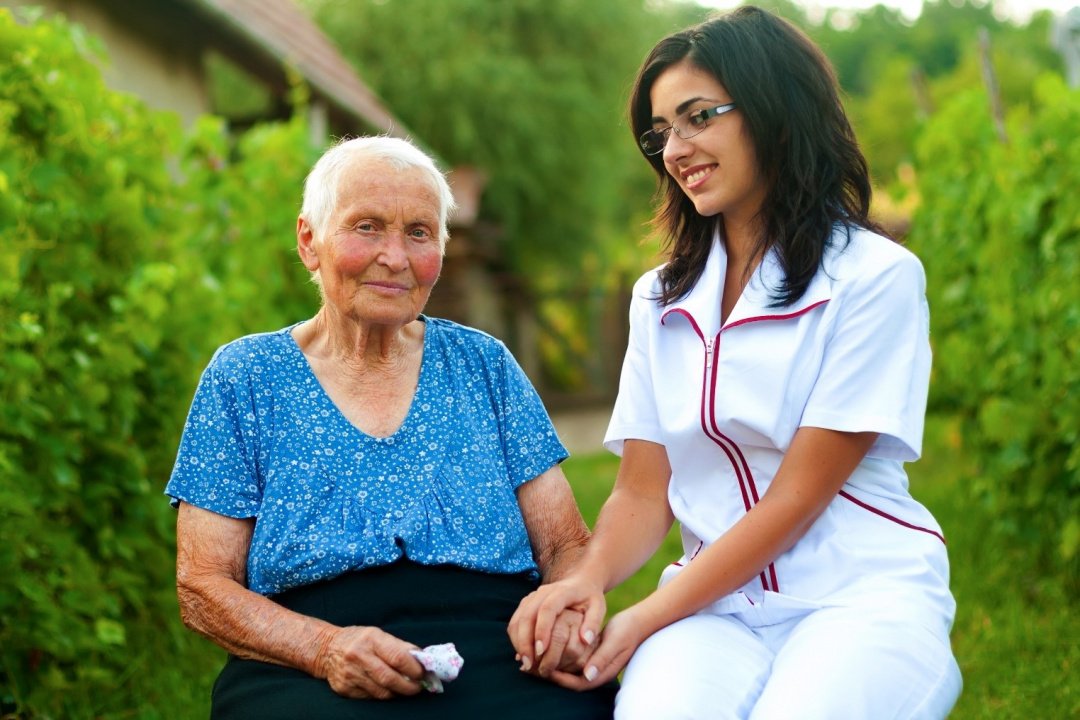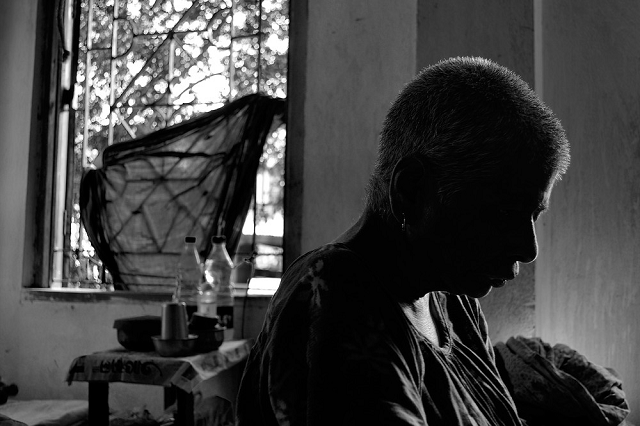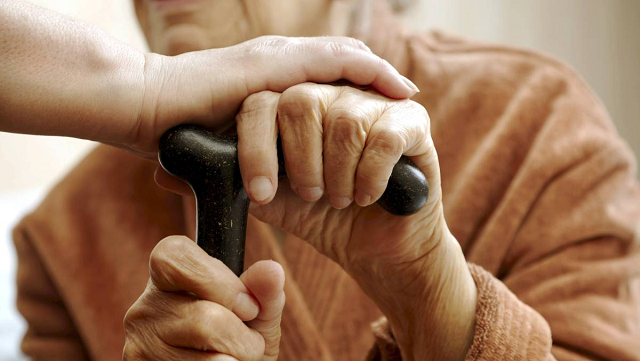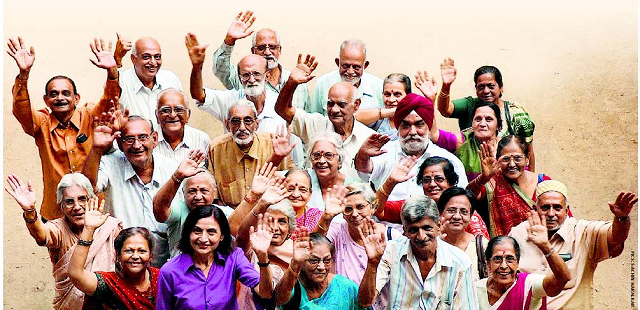
When it was reported that Kanubhai Gandhi, grandson of Mahatma Gandhi, and his wife moved into an elderly home in New Delhi recently, it caused a stir, with the Prime Minister promptly calling Mr. Gandhi, and two Ministers, one from the Union government and the other from the Delhi government, paying them visits. The Prime Minister also reportedly directed the authorities to ensure that the couple has a comfortable stay at the Guru Vishram Vridh Ashram.
His concern must have caused a collective sigh of relief for the 87.6 million people aged above 60 in India, as it drew the attention of a nation almost obsessed with its ‘demographic dividend’ to a crucial problem. Considering India is expected to be home to 300 million elderly people by 2050, it is time it paid heed to the problems of those who are as old, or even older, than the independent nation itself is today. Else the country will be faced with a large incidence of degenerative diseases, accompanied with serious gaps in the geriatric medical ecosystem, a changing joint family structure, the lack of ‘grey-friendliness’ in public spaces, transport, housing, and a virtually non-existing policy framework to tackle these issues.
Scroll down for the video
Taking care of the elderly
With about 50 per cent of the elderly being financially dependent on others, it is affordable housing, healthcare, and the psychological and social manifestations of ageing that we will struggle to respond to as a country with no social security and dismal elderly care facilities.What will be the combined impact of this trend on small, nuclear families, along with an improvement in lifestyle and an increase in degenerative diseases and life spans, especially for women? Where are we going to live as we grow old and who is going to take care of us?

Clearly Parliament had some of these issues in mind when it passed the Maintenance and Welfare of Parents and Senior Citizens Act in 2007. The model Act makes it obligatory for children or relatives to provide maintenance to senior citizens and parents. It also provides for the setting up of old age homes by State governments.
Despite this, however, it is a fact that most people in India would rather suffer than have the family name sullied by taking their own children to court for not providing for them. This need to maintain a façade is combined with a lack of knowledge of rights, the inherent inability of the elderly to approach a tribunal for recourse under the law, and poor implementation of the Act by various State governments.
So what happens to those who have been turned out from their homes, or have lost a partner, or just can’t manage to live on their own anymore, especially since the number of old age homes the Centre supports under the Integrated Programme for Older Persons (IPOP) has seen a decline from 269 homes in 2012-13 to a dismal 137 in 2014-15? The Centre has asked State governments to ensure that there are old-age homes whose functioning can be supported under IPOP, but since it is optional for the State governments to do so, the total number of old-age homes remains abysmally low.

Need for a pragmatic approach
While we hope that the Indian family continues to be stronger than in most countries and provides a caring environment for the elderly, it can’t be the basis for our ability to support the elderly. India needs to take a serious look at the needs of the elderly in a more pragmatic and holistic manner. For starters it could focus on the three key aspects of health, housing, and dignity.

Each of these is a large issue on its own, but it is important to first strengthen the health-care system. If 18 per cent of the population is going to be over 60 years of age by 2050, then it becomes almost crucial to encourage research in geriatric diseases, and push for building capacity in the geriatric departments across the primary and tertiary health-care systems. There also seems to be a growing informal industry of home care providers, which urgently needs regulation and mandated guidelines so that a large pool of certified and affordable trained home care givers can help provide basic support, prevent unnecessary hospital admissions, and keep the elderly in the familiar environs of their homes as far as possible.
Next, there needs to be a network of old age homes, both in the private and public sector. While the private sector has taken the lead in setting up some state-of-the-art facilities, most of these are priced well out of the reach of ordinary citizens. State governments must be mandated to set up quality, affordable homes.

As traditionally supportive social structures are changing and the elderly are increasingly losing their ‘status’ as the family patriarchs, it is also time that we did our bit to help address the indignities and loneliness that this change is bringing. Businesses could look at harnessing the talent of elders by retaining or hiring older workers and offering flexible working hours for those who want to continue working after retirement. Industry will benefit by retaining their knowledge and experience and the elderly will continue to be financially independent and retain their sense of self-worth. At the community level we also need to increase the avenues for older people to participate in local issues, in resident associations, set up and manage spaces for community interaction, to leverage their experience as a resource, give them an opportunity to share their concerns, and o help them feel that they contribute socially and have a purpose in life.
The one big issue that doesn’t get enough attention today is that old people deserve dignity. Apart from ensuring appropriate medical help, there needs to be more awareness about common degenerative diseases like dementia so that family members, care-givers, and society at large are sensitised to incontinence, the momentary lack of comprehension, the hallucinations — all the painful behavioural, physical, emotional and mental struggles of those who suffer from these diseases.
